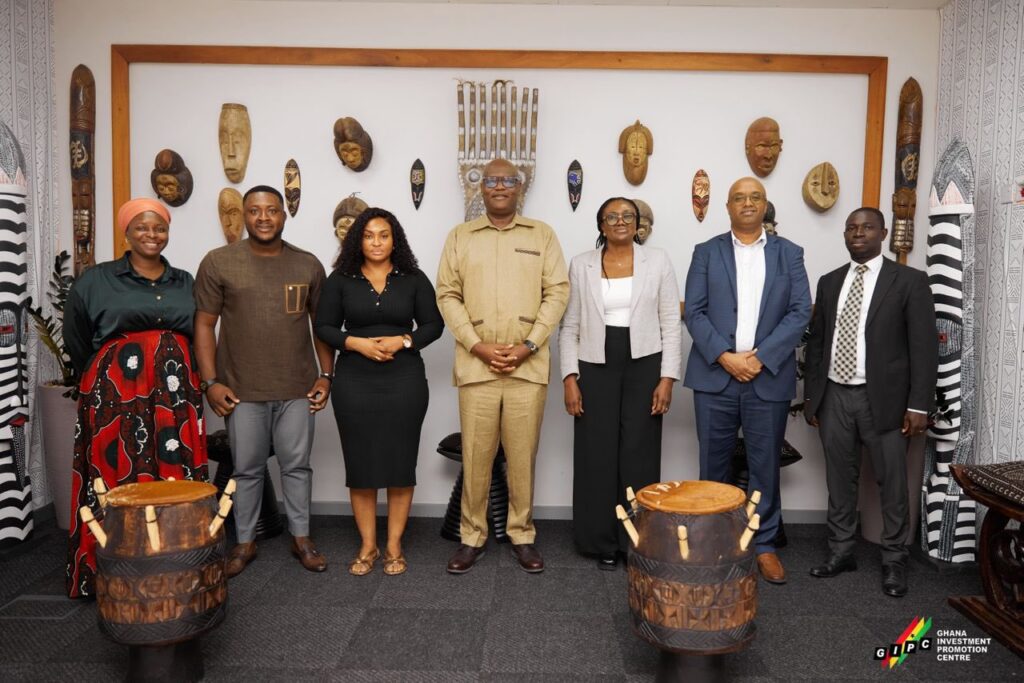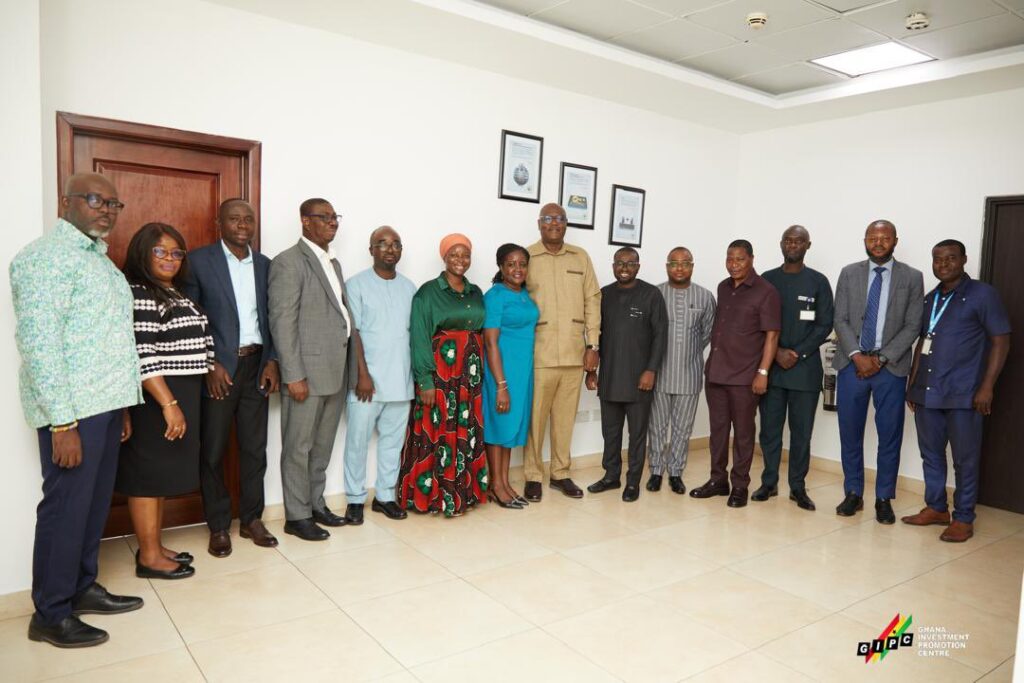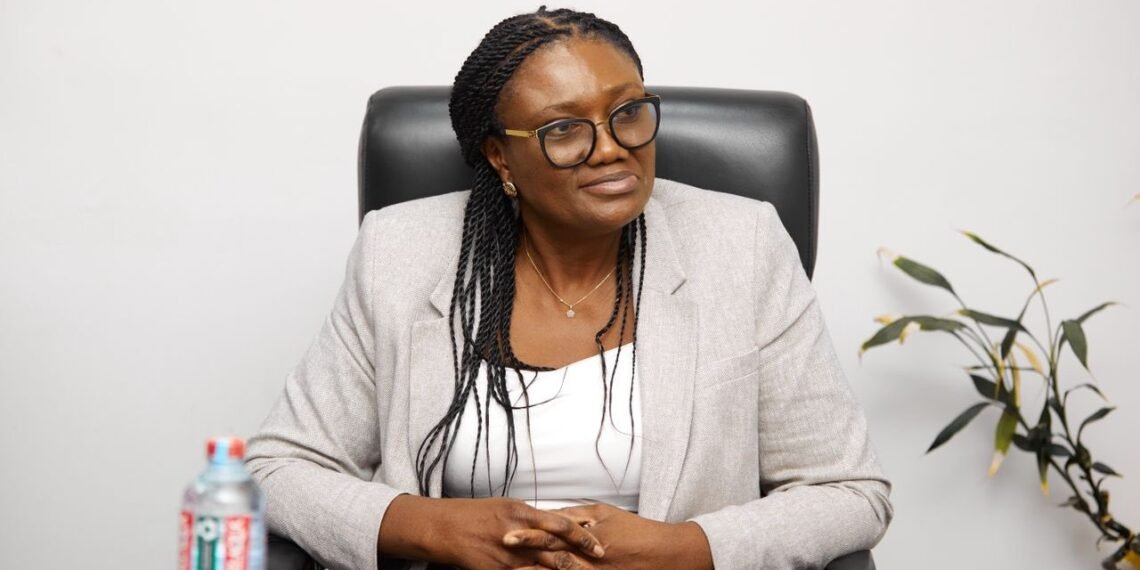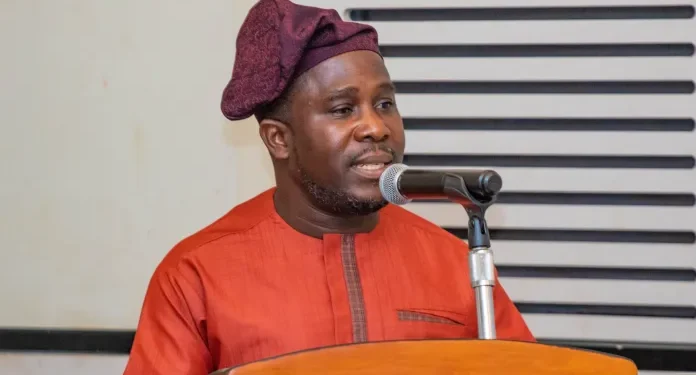The Head of the United Nations High Commissioner for Refugees (UNHCR) in Ghana, Ms. Needa Jehu-Mazou, is pushing for the integration of refugees into Ghana’s investment frameworks, particularly in the agricultural sector.
Her call comes as the country reviews its investment laws and seeks to widen participation in key areas of economic growth. According to her, refugees have the skills and potential to contribute meaningfully to Ghana’s development if afforded the opportunity to “build, own, and operate businesses.”
During a strategic meeting with the Chief Executive Officer of the Ghana Investment Promotion Centre (GIPC), Mr. Simon Madjie, Ms. Jehu-Mazou made a strong case for the economic inclusion of refugees.
She revealed that over 10,000 refugees and asylum seekers are currently registered in Ghana, mainly from Burkina Faso, Togo, Liberia, and Sudan. Most of them, she said, are skilled in agriculture – a sector that continues to be a cornerstone of Ghana’s economy.
“We believe agriculture has immense potential to support refugee integration. These are individuals who want to contribute, who have skills, and who can help develop local economies when they are given the right tools and opportunities”
Ms. Needa Jehu-Mazou, Head of the United Nations High Commissioner for Refugees (UNHCR) in Ghana
She pointed to UNHCR’s active role in establishing reception centres in Tarikom and Zini in northern Ghana, adding that these facilities could evolve into agricultural hubs that empower both host communities and displaced populations.

In response, Mr. Madjie welcomed the proposal and emphasised that inclusive economic strategies would enhance national development. “Refugee integration into Ghana’s strong agricultural sector benefits both sides,” he stated.
He further disclosed that the GIPC Act is currently undergoing review, with a focus on reducing entry barriers for investors and supporting inclusive investment policies. According to him, Ghana is seeking to create a more “dynamic and welcoming” investment environment that recognises and utilises the talents of all residents, including refugees.
Engagement With NCA
In further developments the GIPC had prominent engagements with the National Communications Authority (NCA).
Mr. Madjie and NCA Director General Ing. Edmund Yirenkyi Fianko committed to working together to boost Ghana’s visibility as a prime destination for investment, particularly in the Information and Communications Technology (ICT) sector.
Their joint strategy includes organising investment forums, executing targeted marketing campaigns, and strengthening stakeholder engagement to attract increased Foreign Direct Investment (FDI).
“The ICT sector is central to Ghana’s innovation and economic future. GIPC is fully committed to working with partners like the NCA to provide the support and clarity investors need”
Mr. Simon Madjie, CEO of the GIPC

Ing. Fianko reiterated the NCA’s readiness to facilitate the process by ensuring regulatory transparency and supporting the adoption of new technologies that align with national development goals. “The NCA remains committed to regulatory clarity and openness to innovation,” he said.
As Ghana continues to strengthen its investment landscape, the integration of refugees and technological advancement stand out as two emerging themes. The synergy between UNHCR’s humanitarian vision and Ghana’s economic strategy signals a shift towards inclusive development models that place people at the centre of policy and growth.
Ms. Jehu-Mazou’s advocacy comes at a time when the global refugee discourse is increasingly focused on empowerment and resilience rather than dependency. Her vision aligns with broader calls for refugee self-reliance, community contribution, and long-term development integration.
With ongoing reforms to the GIPC Act and fresh partnerships with regulatory bodies like the NCA, Ghana appears poised to not only welcome investors but also expand the definition of who can be an investor.
Refugees, once sidelined in national economic discussions, are now being considered as agents of growth – especially in agriculture, where their existing skills and community-based approaches can yield tangible results.
READ MORE: Trump Touts Strong Relations With UAE


















